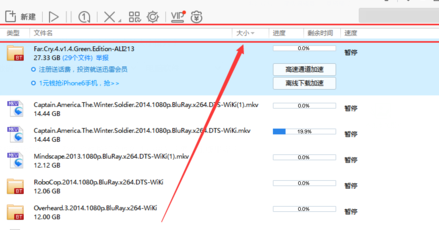实例如下所示:
$ids = [5,7,3,1,2];
$data = Content::whereIn('id',$ids)
->select('id')
->get();
//查询结果是想按照wherein的顺序排序
//正确写法
$data = Content::whereIn('id',$ids)
->select('id')
// ->orderBy(\DB::raw('FIND_IN_SET(id, "' . implode(",", $ids) . '"' . ")"))
// ->orderBy(DB::raw("FIND_IN_SET(id, '" . implode(',', $ids) . "'" . ')'))
// ->orderByRaw("FIND_IN_SET(id, '" . implode(',', $ids) . "'" . ')')
->orderBy(\DB::raw('FIND_IN_SET(id, "' . implode(",", $ids) . '"' . ")"))
->get();
中午没睡觉一直调试,心塞...
错误写法
//错误写法
$data = Content::whereIn('id',$ids)
->select('id')
->orderByRaw("FIND_IN_SET('id', "' . implode(",", $ids) . '"' . ")")
->get();
//该写法查询顺序是按照id大小正序排序
原因解析
//正确写法的sql语句为 select `id` from `contents` order by FIND_IN_SET(id, "5,6,7,4,2,1") asc //错误写法的sql语句为 select `id` from `contents` order by 'FIND_IN_SET(id, "5,6,7,4,2,1")' asc //或者 select `id` from `contents` order by `FIND_IN_SET(id, "5,6,7,4,2,1")` asc //FIND_IN_SET()方法外面不要添加任何符号
以上这篇laravel 模型查询按照whereIn排序的示例就是小编分享给大家的全部内容了,希望能给大家一个参考,也希望大家多多支持阿兔在线工具。


